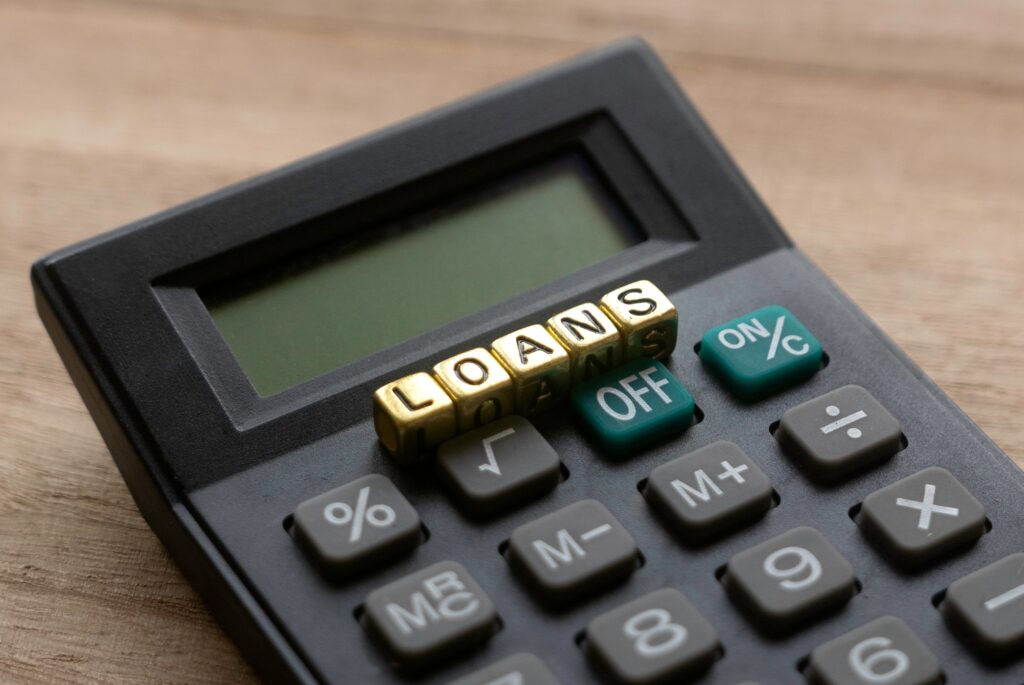More Americans are considering solar energy conversions for their homes, and many are considering the cost. Upfront costs can be high, so homeowners look for alternatives to paying for their solar panel systems. The prices vary depending on your roof type, where you live, and how much electricity your system generates. For reference, you can check the Lawrence Berkeley National Laboratory report about solar costs across the country here.
Many states provide tax credits and incentives to reduce the cost of owning a solar system. The federal solar investment tax credit (ITC) is equal to 30% of the total cost of a residential solar system. Because of federal and state incentives, most homeowners do not pay the full price of residential solar. You can find out what’s available in your state by visiting the Database of State Incentives for Renewables and Efficiency (DSIRE). Municipalities and utilities also provide incentives, so you can ask what is available in your area.
The three main ways to pay for solar are cash purchase, solar lease/ (PPA) power purchase agreement, or solar loan. Below are more details:
CASH

We’ll begin by discussing the most straightforward method of solar panel financing: cash.
You can always pay upfront if you have the means, but an alternative is making progress payments according to completed work.
If you plan to stay in your existing house for many years, it’s a wise decision because you save the money you would have spent on energy each month. Owning solar panels entitles you to the current sizeable rebate and tax credit. The monthly savings from your system turn into the payback period or return on investment. The solar payback period means how long it will take for your utility savings to cover your initial investment cost. At this point, you might say the solar panel system has ‘paid for itself.”
You should make a cash purchase if:
- You are eligible for the solar investment tax credit (ITC) because of your sufficient tax due;
- You want to get the most out of your solar energy savings; and
- You have the money to pay for a solar panel installation upfront.
Solar Leases or PPA (Power Purchase Agreements)

In some states, homeowners can finance solar panels through power purchase agreements or lease them (PPAs). In these leases or PPAs, a third party owns the solar panel system installed on your roof. You pay that company each month for your electricity. You’ll gain financial savings—typically between 10% and 30% less than your monthly expense. While some PPAs may lock you into a fixed rate, others have a payment schedule that increases annually.
Solar leases or PPAs have some drawbacks. You are paying for something you do not own, just like a car lease. As a result, you are not eligible for any tax credits or other benefits that come with outright ownership of those solar panels.
While it is true that a solar panel system can raise the value of your home if you decide to sell, leasing offers a distinct challenge because ownership transfer may be problematic. The lease may be transferred if the new owner wishes to continue it. If not, it is usually expensive to buy out the lease, which would contradict the whole point of acquiring solar panels in the first place. Therefore, it is wise to do your homework and check if there are solar lease terms that are either flexible or will match the duration of time that you intend to stay in your home.
You should consider a solar lease or PPA if:
- You’d rather someone else keep an eye on the system and maintain it; and
- You do not qualify for tax incentives
LOANS

As the name implies, solar loans can finance solar panels. These loans were created specifically to pay for solar installations. The payment schedule entails monthly payments over time with interest applied. You may install the panels and use them to power your home right away with little to no money down if you use a solar loan.
For homeowners, solar financing is a wonderful option. You can afford the loan payments for a solar system if you can already pay your power bill.
You should apply for a solar loan if:
- It’s not in your best interest to pay for a solar panel installation in full upfront;
- You still want to save as much money as you can on your electricity expenses; and
- You want to get all discounts and incentives.
Solar panel tax credits and rebates
Additionally, numerous incentives and rebates are available to help homes pay for solar panels. The most effective of these is the federal solar tax credit, which enables individuals to receive 30% of the price of installing a solar panel system in the form of a federal income tax. The value of the eligible system has no upper limit for the tax credit.
Let DroneQuote find the best option for you
If you have more questions on how the tax system works and the best available financing options, contact DroneQuote. As proven by homeowner reviews, DroneQuote is your source of honest information on solar. We won’t push you to buy a system immediately; we are not pushy hard sellers. Instead, we ensure you understand your solar needs to make the best-informed choice. Register with DroneQuote and schedule an appointment. We’ll run the numbers to determine how much you can save going solar.
